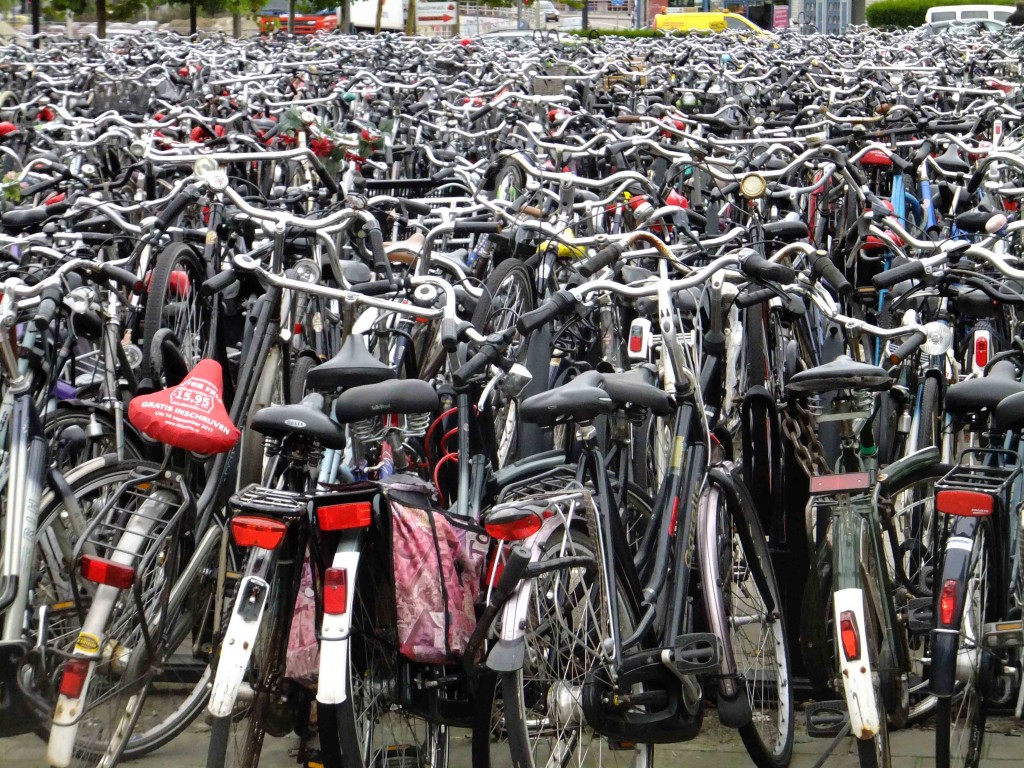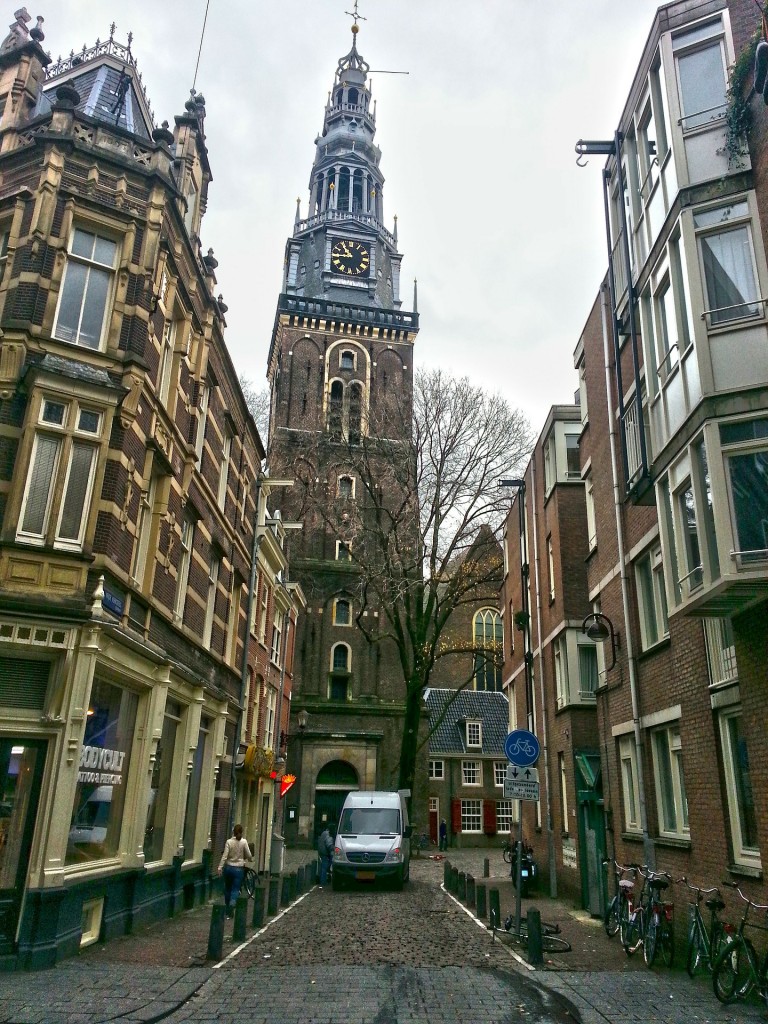The Netherlands
 After making the decision to move to the Netherlands permanently, or for a few months to study, the actual process of moving can be stressful. There are so many things that need to be arranged and so many questions to be answered, especially when the country you are going to is completely different from your own.
After making the decision to move to the Netherlands permanently, or for a few months to study, the actual process of moving can be stressful. There are so many things that need to be arranged and so many questions to be answered, especially when the country you are going to is completely different from your own.
To help you get started, this article will discuss the top 5 things you need to know before moving to the Netherlands.
Beware of the Dutch climate
The Dutch love discussing the weather, no one really knows why, it is just something they do. That said, be sure to bring warm and waterproof clothes with you. You will particularly need those during autumn and winter, because the country gets cold and wet regularly during these seasons. Get into the habit of taking your umbrella with you everywhere you go during the rainy season.
Buienradar (rain radar) is a very handy app as it lets you track where, when and how much it is going to rain and the predictions are right most of the time! Just type in the name of the city, and voila: you’ll know the best time to go to the supermarket.
Learn some Dutch
Almost everyone in the Netherlands speaks English at at least a basic level (90% of the population to be exact), so the language barrier is not likely to be the biggest problem that you encounter. Nevertheless, it is always wise to learn the basics of the Dutch language. According to the experience of one of our employees, learning the language will give you new opportunities and make you feel comfortable in your surroundings.
You can ask one of your Dutch friends or a fellow student to teach you some words and phrases. Another idea is to practice on the internet, for example, on this educational website, where you can find some free video lessons. Afterall, the expat experience only gets more fun by trying to learn the local language right? Read our tips on the most effective ways to learn a language.
 Ride your bike
Ride your bike
Since the Dutch landscape is one of the flattest in the world, and the distances are short, the bike is one of the primary modes of transportation. For every Dutch citizen there are 1.3 bikes on average. It is one of the fastest ways to get from A to B in the city or from one village to another. You can find cheap (second hand) bikes in any bicycle shop, or by searching on this webshop, which is where a lot of Dutch people sell their old bikes.
It is also advised to buy a good padlock for your bike, since they get stolen regularly, especially in big cities like Amsterdam, Rotterdam or Utrecht this is a problem for every bike owner. Something to look out for is when you are walking in the centre at night, it is common for a homeless person to offer you a bike for a small amount of money (around 5 to 10 euros). This always means that the bike has been stolen and buying them is illegal! The best thing to do here is to ignore them and walk away.
Find the perfect apartment
It can be hard to find a good place to stay before you move to a new country, since you cannot see the apartment in real life. If you are going to study in the Netherlands the majority of universities will help you find housing or have apartments available that are reserved for international students. A lot of times there are only a limited number of rooms available though, and they work on a ‘first come first serve’ basis. The advice here is to start applying as early as possible!
 If your university does not offer housing for international students, a great place to find rooms is by joining Facebook groups that offer rental houses and apartments for the city you want to live in. These are the primary ones for Amsterdam, Rotterdam and Utrecht. This is how most Dutch students find housing too. Just Landed has a lot of housing offers too!
If your university does not offer housing for international students, a great place to find rooms is by joining Facebook groups that offer rental houses and apartments for the city you want to live in. These are the primary ones for Amsterdam, Rotterdam and Utrecht. This is how most Dutch students find housing too. Just Landed has a lot of housing offers too!
If you are planning on moving to the Netherlands permanently it would probably be a better idea to find housing with the help of an estate agency and sign up for governmental housing in your city. Another important thing to know is that you might be able to receive huurtoeslag (housing allowance). Find out if you are eligible here. If you are moving to the Netherlands for a longer period, make sure that you get a BSN (burgerservicenummer), with this number you will be able to register for an apartment and it will allow you to get a job.
Be on time!
When you have a meeting at your new workplace or with your project group at school, be on time. It is custom for the Dutch to be on time for any appointment they have, preferably even 5 minutes early. This is different when it comes to appointments with friends or family, being a bit late is not so frowned upon then.
For all the expats currently residing in the Netherlands; what are your experiences? Do you agree with these tips?
If you want more helpful information about living in the Netherlands, check out our Dutch country guide!
Images: [na4ev, Sally Hinchcliffe, osvathpeter, neshom]



